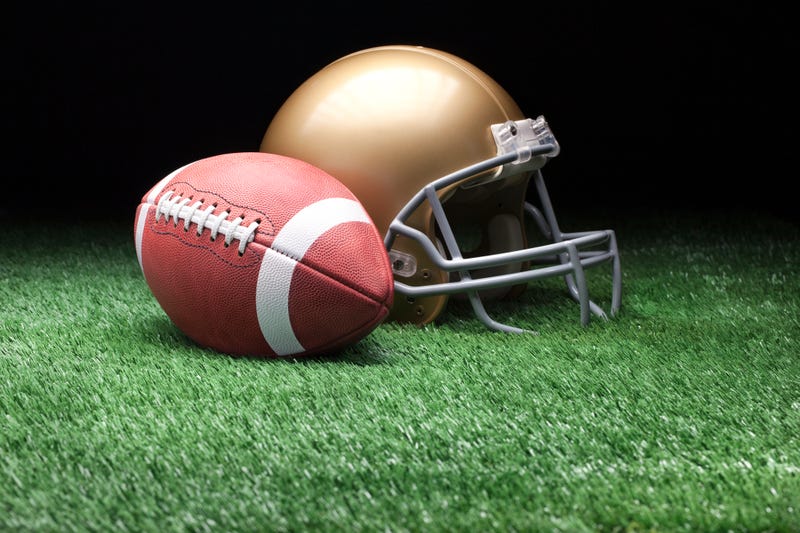
With football kicking off again this month, recent research has suggested that playing the sport, either professionally or collegiately, could elevate your risk of developing Parkinson’s disease.
Parkinson’s disease “is a brain disorder that causes unintended or uncontrollable movements, such as shaking, stiffness, and difficulty with balance and coordination,” according to the NIH.
The study, published by the Journal of American Medical Association, found that those who had a history of playing organized football had higher odds of having Parkinson’s disease compared to those who played other organized sports.
“Longer duration of play and a higher level of football play were associated with higher odds of a reported diagnosis,” the study shared.
To discuss the study, Julie Stamm, a Clinical assistant professor of kinesiology at the University of Wisconsin Madison who was not involved in the study, spoke with KCBS Radio’s Dan Mitchenson.
Stamm shared that even though the emphasis has been on collegiate and professional football players, playing “any level of football increases your odds of developing Parkinson’s disease by 61%.”
However, he did note that players who had longer careers saw their chances of having Parkinson’s disease increase even further, being three times more likely than others.
For those who had shorter careers on the gridiron, Stamm says, “you’re less likely” to develop the disease.
When it comes to when football players could start to see symptoms of the disease, Stamm says it depends on several factors, including the amount of head trauma they’ve endured.
“I’ve dealt with football players who’ve been diagnosed as early as their 30s and 40s. But it’s different for everybody,” Stamm said. “It’s just one of many diseases now that we’ve associated with the repetitive head impacts that come with football: Parkinson’s disease, ALS, and then CTE is the big one.”
While the study focussed on American football, Stamm says this was first seen in boxers, who historically were called “punch drunk,” and in other sports like soccer.
The best advice that Stamm says he can give is that you should reduce your exposure to head impacts.
“That can be by delaying your introduction to tackle football. Instead of starting at eight, start at 12. And when you’re playing, these repetitive hits that aren’t concussions are still not benign,” Stamm said. “Any hard hit can contribute to this risk down the road.”


